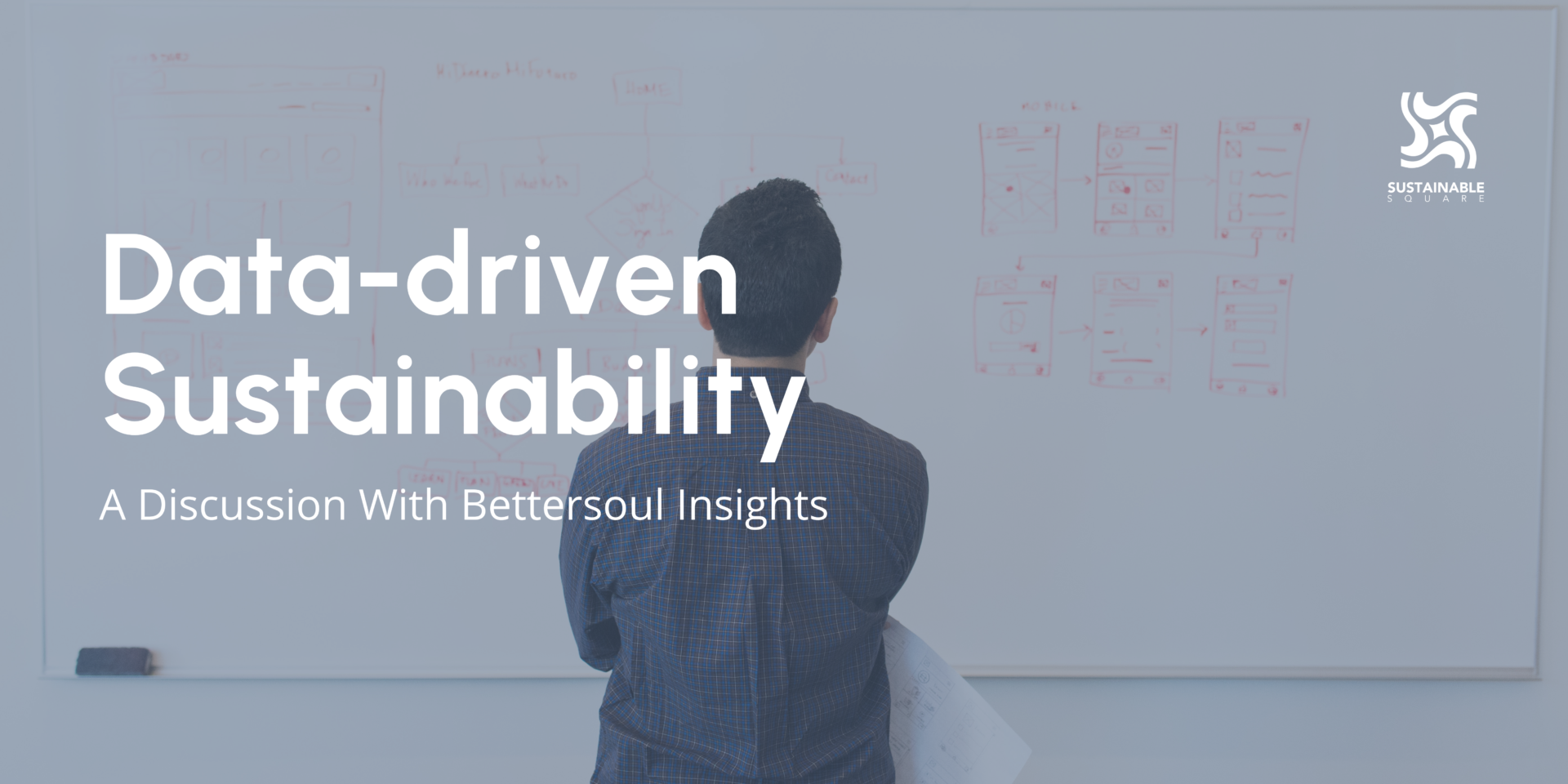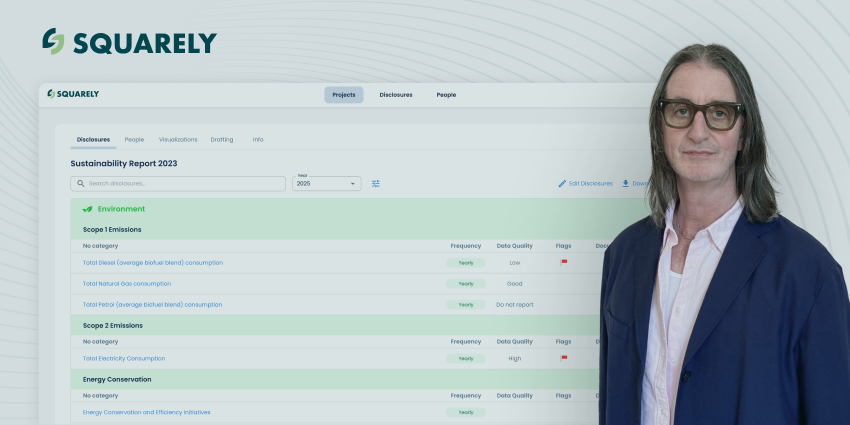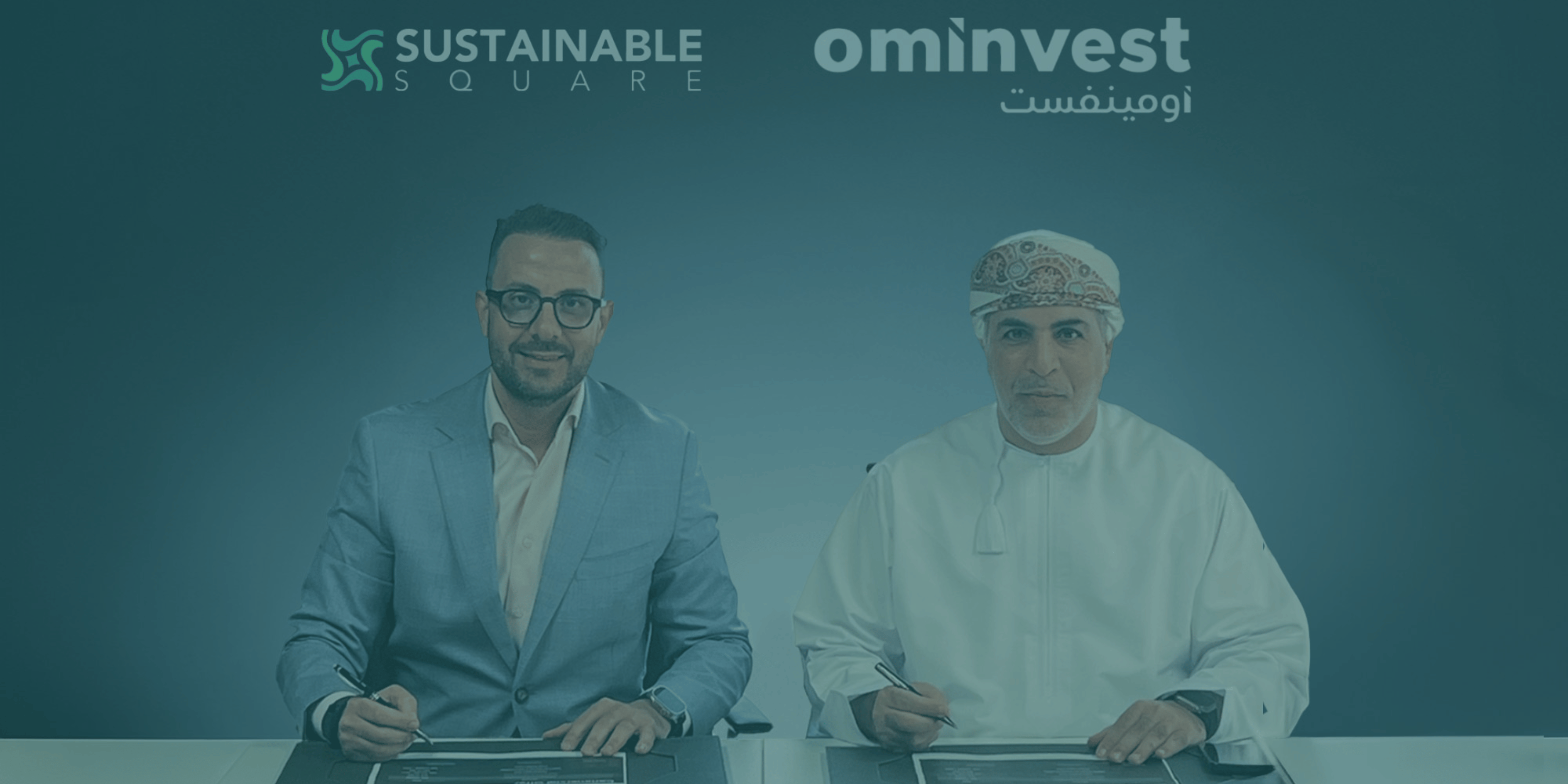Moving Towards a More Data-driven Sustainability Market: A Discussion With Bettersoul Insights
The topic of sustainability has been rapidly gaining momentum over the last 10 years. Governments, institutions, consumers and even companies are joining together and rising up to face global challenges and correct the damage inflicted on the people and planet following the Industrial Revolution. In countries like the UK, the US and France, sustainability is no longer an option, it is an obligation. Today, organisations who keep ahead of the curve and offer sustainable products and services will come out on top in the long run.
We had an interview with Esther Kim – the founder and CEO of Bettersoul Insights, a startup that provides sustainability insights and data and are set to expand their service this year. With extensive experience in different organisations within the field of sustainability, Esther shared how sustainability has evolved over time and the importance of having a more data-driven sustainability market.
With more than 15 years of experience in the industry, what do you think sustainability means?
Over the past years, the definition of sustainability has continued to expand and evolve. Today, sustainability goes beyond the ESG (environment, social and governance), CSR (corporate social responsibility) and corporate reporting of sustainability issues. Sustainability today includes everything from responsible business and supply chain practices to eco-friendly products and services offered in the market. ‘Sustainability business’ or a ‘sustainable brand’ can be defined as a business that delivers products or services that bring environmental or societal benefits, or creates revenue through sustainable operations.
I believe the broader our definition of sustainability is, the more issues we can discuss, improve and implement in order to create positive change.
Rather than viewing sustainability from a risk management point of view, corporations and investors need to see sustainability as a once-in-a lifetime opportunity that they cannot afford to miss.
How has the understanding and approach towards sustainability changed over the last 10 years? What do you think has contributed to that change?
There have been more market-driven efforts to implement sustainability in recent years. Today, consumers are driving the momentum for sustainability. Sustainability is expanding significantly in the B2C (business to consumer) market as consumers are increasingly well informed about sustainability issues and thus, they demand that businesses adopt a more sustainability-oriented mindset.
Corporations and startups that are fast enough to react and deliver innovative sustainability solutions will highly benefit from this momentum. They are the frontrunners. Corporations like Patagonia and startups such as Reformation and Veja are putting increasing importance on marking their place within the market as “sustainable brands”. This means that we can expect to see a simpler and more direct link between sustainability approaches/solutions and financial performance/value.
Of course, sustainability may be perceived differently in different regions. Despite the gaps, corporate strategies, technologies and business ideas for sustainability are increasing in quantity and sophistication. This, I think, is a global phenomenon. As the pace of innovation and disruption accelerates in the sustainability space, there will be more investment opportunities for impact investors to bet on.
Although there has been a significant increase in the quantity and quality of ESG data in recent years, in terms of materiality issues and more, there is limited forward-looking data on sustainability innovation, trends and momentum.
How have your experiences in the sustainability industry contributed to the inception of BetterSoul Insights?
While working at an ESG research firm, I became familiar with ESG data and analytical methodologies. Over the last 10 years, so many ESG ratings and indexes have been created. Even though there are some differences in the approach, most of them are similar. A lot of ESG data is still based on self-reported corporate sustainability reports or corporate websites which may not be updated frequently or fully verified in the first place. In addition, not many indicators in ESG ratings analyse corporate innovations towards sustainability.
Although there has been a significant increase in the quantity and quality of ESG data in recent years, in terms of materiality issues and more, there is limited forward-looking data on sustainability innovation, trends and momentum. As mentioned earlier, understanding how the market and consumers are responding and reacting to sustainability issues will be more and more vital for investors and businesses. Following the startups and private companies who offer sustainability solutions is also important in staying ahead as we approach a sustainability revolution.
What solutions are you offering to the market and what changes you want to see?
Bettersoul Insights focuses on delivering valuable insights, forward-looking analysis and data on sustainability market trends so that corporations, investors and governments can stay ahead of the game and seize opportunity in this sustainability revolution. Our platform lets our clients learn about emerging sustainability brands, startups and technologies, as well as giving up-to-date information on corporate partnerships cases, innovative solutions, acquisition and investment deals in the sustainability space. We are expanding our dataset daily. This year, we expect to refine our database platform and offer a smoother user experience, harnessing technology in this process. We are also working on increasing the scope of our partnerships to bring more accurate and diverse insights and analysis.
I hope more corporations push for innovative solutions to advance sustainability and more investors invest in companies that bring innovative sustainability solutions to the market. Rather than viewing sustainability from a risk management point of view, corporations and investors need to see sustainability as a once-in-a lifetime opportunity that they cannot afford to miss.


